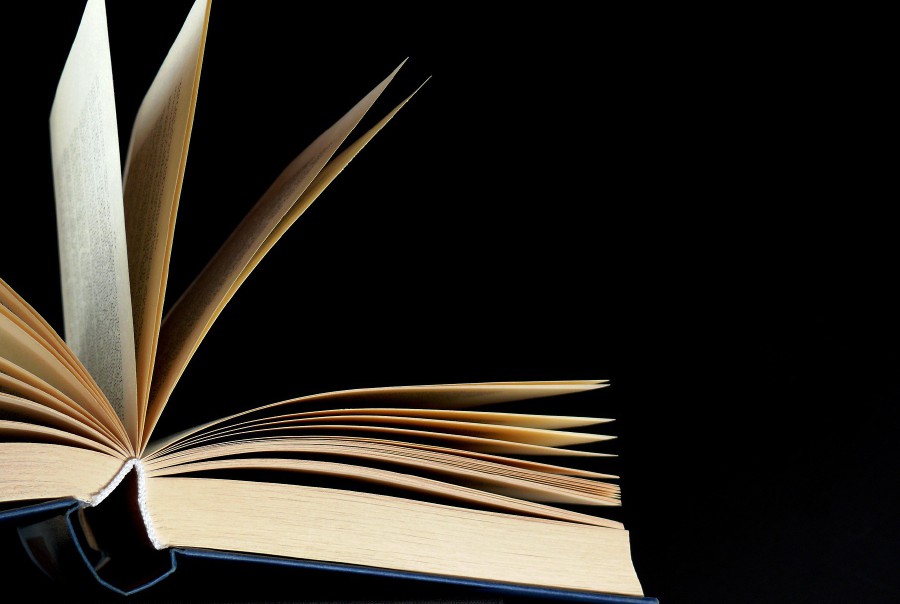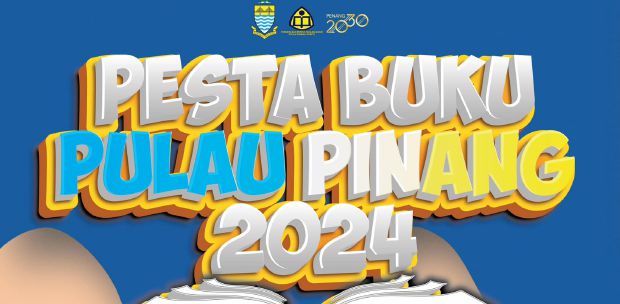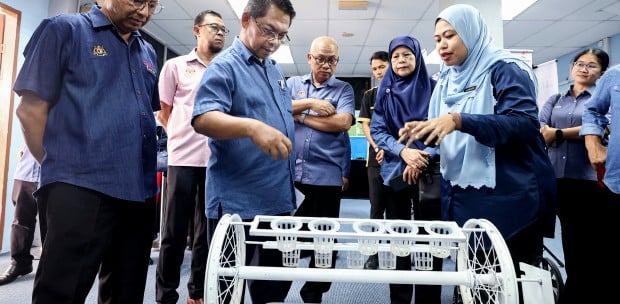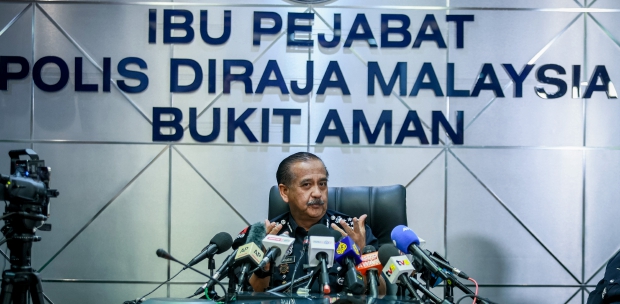Sometimes, amazing things happen in life. You meet someone by chance, but become familiar with him or her forever and enjoy a sense of real friendship even if the new friend lives thousands of miles away.
I experienced this in 2002 at the World Poetry Reading in Kuala Lumpur with Bakhytzhan Kanapyanov, a Kazakh writer and poet.
Born on Oct 4, 1951 in Kokchetav, he graduated from Kazakh Polytechnic Institute (1974) in Higher Courses of Film Directors and Scriptwriters (1977) and Higher Literature Courses (1983).
He was a supervisor, screenwriter and director at the film studio Kazakhfilm (1975-1981) and editor-in-chief of the publishing house Zhalin (1984-1991). Since 1991, he has been the president of the publishing house Zhibek Zholi.
His most complete anthology of poetry was published in Moscow in 1999 under the title Above the Standard of Life.
The World Poetry Reading in Kuala Lumpur was attended by representatives from more than 20 countries. But Bakhytzhan's voice became prominent. With great feeling, he recited his poems laden with humanity and concern for the future of the world.
And he got a passionate response. He was surrounded by poets from other countries. He told them about his country, his work, and even showed pictures of his genealogy, starting from the grandchildren of Genghis Khan.
Bakhytzhan returned home, but we started a correspondence for the project of translating a poem of the then Universiti Malaya vice-chancellor Professor Datuk Dr Hashim Yaacob into 45 languages, including Kazakh.
That is how the Malay poem Aku Hanya Mahu ke Seberang found its second birth in Kazakh.
This was followed by a translation of former Malaysian prime minister Tun Abdullah Ahmad Badawi's poem, Ku Cari Damai Abadi, for another Universiti Malaya project. The poem was translated into 80 languages.
The Kazakh translation became part of a gem of a book along with translations by famous poets from Bangladesh (Aminur Rahman), Indonesia (Habiburrahman El Shirazi), Slovenia (Iztok Osojnik) and many others.
I seek not great possessions
To live a life of wealth
I seek not vast sums of money
To live a life of style
I seek not friends
To live a life aimlessly...
Tun Abdullah's ideas are very compatible with the main principles of Bakhytzhan's life. For his translations, he did not receive a penny and worked, as people say, simply for the love of poetry.
To thank him, I translated his short story Bakhchisaray into Malay and sent it to Dewan Sastera, an authoritative literary magazine in Malaysia.
This short story was so liked by the then editor of the magazine, that it was published immediately. I also included this story in the anthology of Russian literature Golden Rose published by the National Translation Institute of Malaysia in 2009.
Recently, I received from him a novel, Kelip-kelip, which was inspired by his visit to Malaysia. The novel is about a young Malay boy's love for a Chinese girl.
"I gave you the novel as a gift," wrote Bakhytzhan in his letter. "You can do with it whatever you want."
So what could I do with it? I translated it into Malay and submitted it to eSastera Enterprise,
a publishing house. It was published at the eve of the 70th birthday of the author. My hope is that the translation retains all the greatness and uniqueness of the original language.
As for other works, he has published 14 poetry anthologies, including Nomad's Vacation (2003), which contains Russian translations of poems by Malaysian poets Abdul Ghafar Ibrahim, Baharuddin Zainal, Kemala and Lee Keok Chi.
His contribution to Kazakh literature was highly appreciated by the government. He was awarded the Kazakh Meritorious Figure, the highest title in his country, and the order of Dostic for his activities to strengthen friendship between countries of the world.
Congratulations, dear Bakhytzhan, best wishes and new success in literature!
The writer, writing from Russia, is a former lecturer of Universiti Malaya





